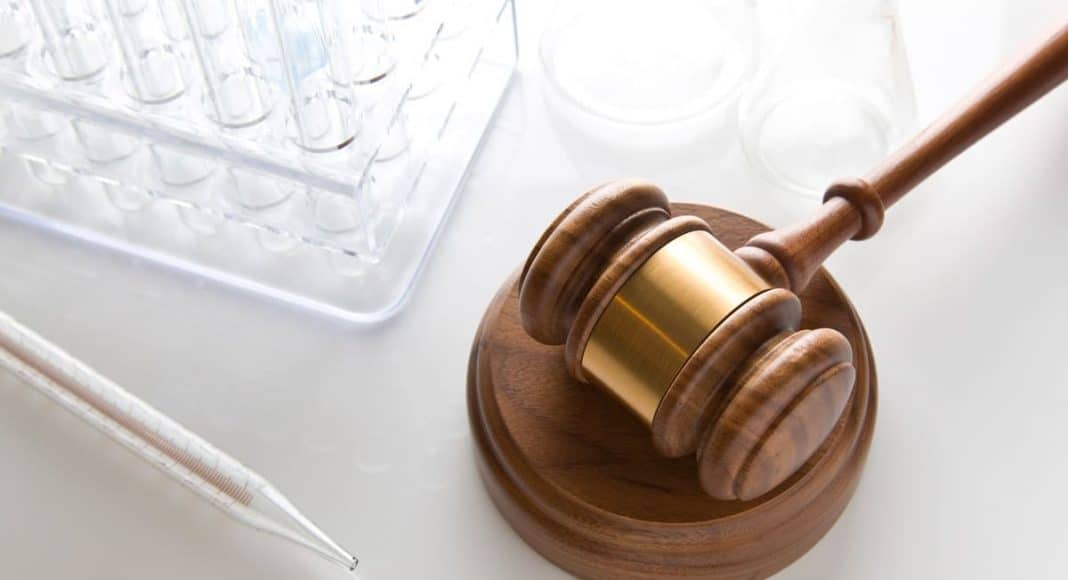It’s official: The US Drug Enforcement Administration granted Schedule II status to THC. Well, not exactly.
Last week, the DEA finalized the approval of making a synthetic THC substance developed in a pharmaceutical laboratory. The drug, Dronabinol or Syndros, will be an FDA-approved liquid dronabinol drug developed by Insys Therapeutics, a controversial Arizona-based company.
Just last month, John Kapoor, the founder of Insys was arrested on fraud and racketeering charges. Other company executives were also implicated in a scheme to provide illegal kickbacks to doctors who prescribe Subsys, the company’s fentanyl-based medication. Fentanyl is a highly addictive opioid painkiller that has helped fuel the nation’s opiate crisis.
Syndros, which debuted in July, is marketed by Insys as a treatment to help chemotherapy patients with nausea symptoms and to assist those suffering from wasting syndrome and anorxia-related ailments. Company documents reveal that Syndros added $700,000 in revenue in its first two months.
What makes the federal ruling unusual is that Insys is the only pharmaceutical company allowed to use Dronabinol in medication. The DEA ruled:
“… any form of dronabinol other than in an FDA-approved drug product remains a Schedule I controlled substance, and those who handle such material remain subject to the regulatory controls, and administrative, civil, and criminal sanctions, applicable to schedule I controlled substances set forth in the CSA and DEA regulations.”
Other Schedule II substances include Vicodin, cocaine, oxycodone and Adderall.
But let’s be clear: the DEA did not approve THC, only a synthetic version of it. As Snopes reports:
Although it is factual to say that the DEA approved a synthetic version of THC — legally giving it medicinal value — while keeping plant-based THC a Schedule I drug with “no currently accepted medical use,” this ruling applies only to dronabinol, and not to recreational products like K2 or Spice. And while there are arguments to make about logical inconsistencies in the DEA’s treatment of synthetic versus natural THC, such arguments are not a new feature of the debate around marijuana legalization, as they have been proffered since dronabinol was first approved for use by the FDA in 1985.


